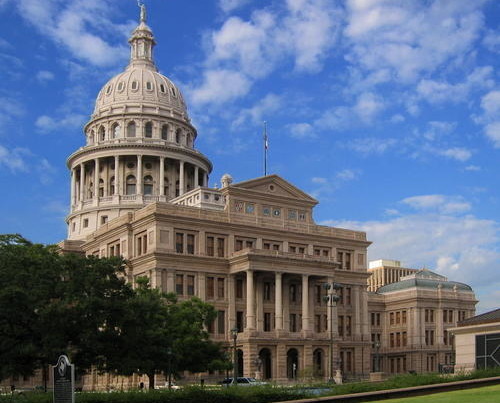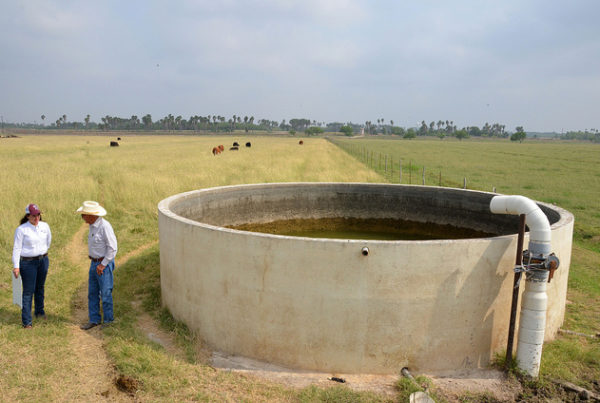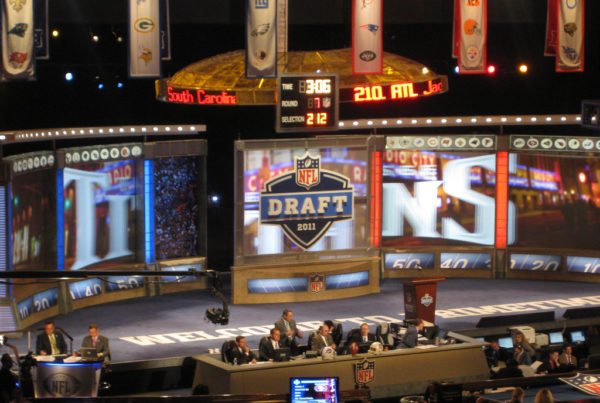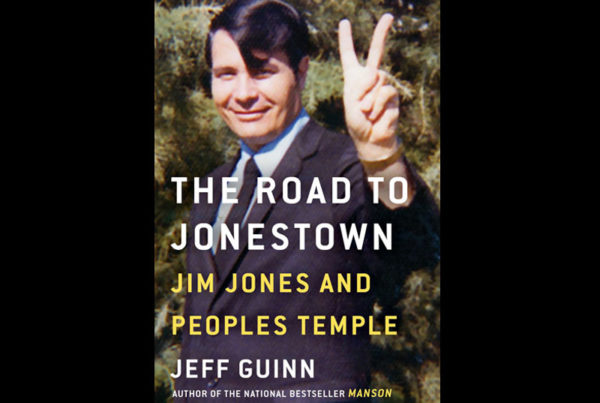There’s nothing unusual about a state lawmaker and a mayor being worried about turnout in a local election. But in Dallas, it’s not just low turnout that’s got two local leaders concerned. It’s the cause.
Dallas Mayor Mike Rawlings and State Rep. Eric Johnson have sounded the alarm over potential voter fraud in West Dallas. Many people in that part of the city received mail-in ballots for the county’s May 6th election, even though they didn’t ask for them. In November, some voters from the same part of town were turned away at the polls because mail-in ballots had already been filed for them.
Johnson is a Dallas Democrat from Texas’ 100th district, where much of this activity has taken place. He says he first started hearing about the issue a few weeks ago.
Johnson says what’s going on is form of elder abuse that often crops up in low turnout elections, where only a few dozen votes could affect the outcome.
“The way people do that is they look at a voter roll and they see who’s over 65,” Johnson says. “Those people who are over 65 in Texas are automatically entitled to an absentee ballot if they want one, so they request a ballot on behalf of these people and frankly, they’ll either steal them out of the mailbox or they’ll actually go to the door of a senior citizen, ask them if they could have that little green envelope that came in the mail and basically defraud them out of their vote.”
Johnson says he’d like to see the perpetrator of this voter fraud prosecuted, but in the meantime, he’s trying to get election officials to more closely monitor requests for mail-in ballots.
“It’s very much a situation where people have become very unsure about whether or not their votes are gonna be counted, whether or not they can vote or not, and so we’ve asked everyone to call the Dallas County elections department if they have any concern about whether or not their ballot is going to be counted or whether or not if they’re received an absentee ballot they didn’t ask for and we have asked Dallas County elections to look at every single application for a mail-in ballot that they got this election cycle and turn over any information they find to the district attorney and I’d like to see it prosecuted,” Johnson says.
After fears of voter fraud following the most recent national election, many Republicans advocated for implementing even tougher voter ID laws. However, Johnson says this recent discovery doesn’t bolster their case, because the voter ID laws being proposed wouldn’t help in this particular situation.
“In person, voter impersonation is essentially non-existent,” Johnson says. “That’s the only type of voter fraud that a voter fraud ID law would even purport to try to address. That would not speak at all to a situation where someone who’s actually forging an application and requesting a ballot on behalf of a senior.”
Although Dallas is the only place Johnson says he’s seen this kind of voter fraud, he maintains that it could happen anywhere at the local level.
“I have reason to believe that it had happened in other races at other levels of government in other parts of our city and in other parts of my district,” Johnson says. “The reality is that it’s less of a factor the larger the district that you’re running in…It’s a serious concern and it’s about time we actually took it seriously and [dealt] with it head on.”
Written by Morgan O’Hanlon.















